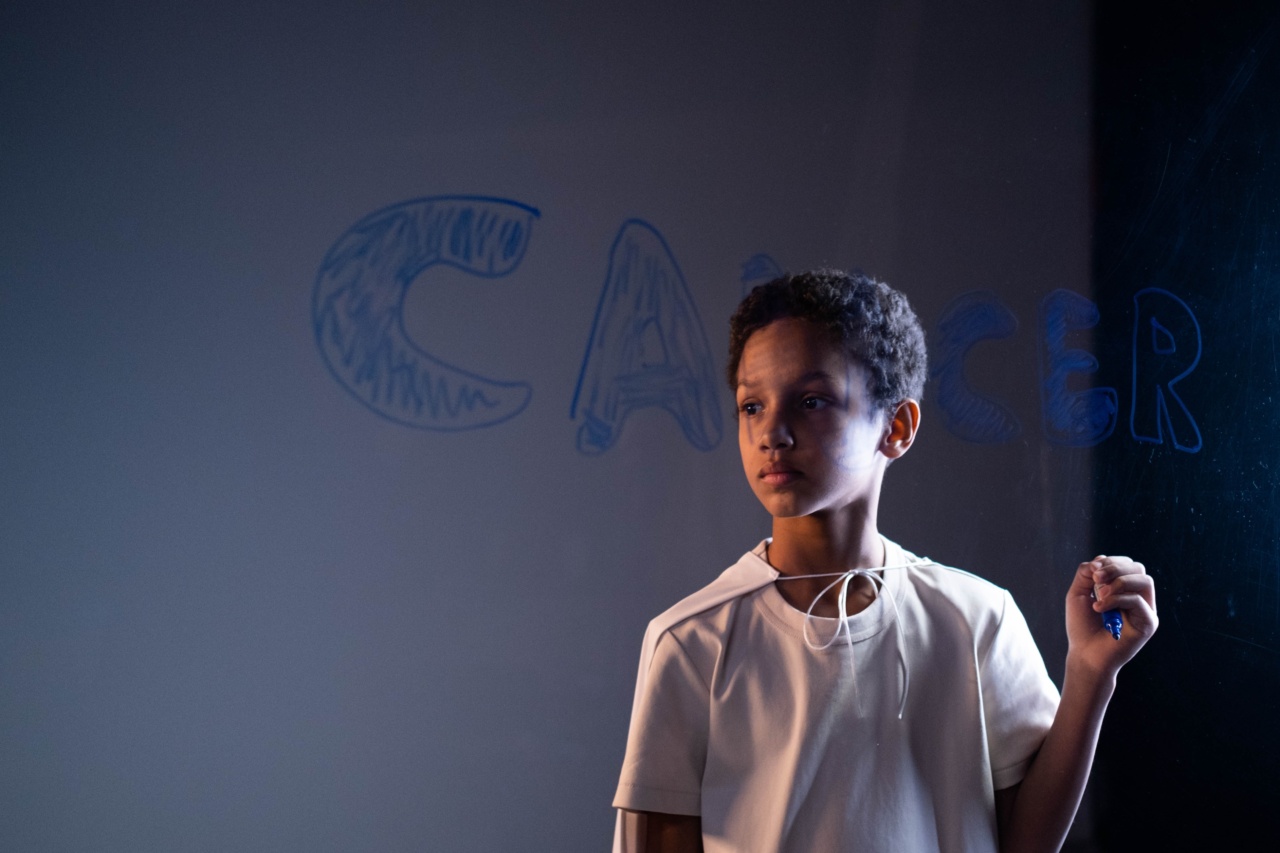According to a recent study, the number of children under the age of 14 being diagnosed with cancer in the UK is increasing at an alarming rate.
The study found that the number of children diagnosed with cancer in the UK has increased by 40% in the last 20 years.
The statistics
According to the study, around 1,600 children are diagnosed with cancer each year in the UK. The most common forms of childhood cancer in the UK are:.
- Leukemia
- Brain tumors
- Lymphomas
The study found that leukemia is the most common form of childhood cancer, accounting for around 30% of all cases. Brain tumors account for around 25% of all cases, and lymphomas account for around 15% of cases.
The possible causes
There is currently no clear consensus on what is causing the increase in childhood cancer rates in the UK. However, some possible causes include:.
- Environmental factors, such as pollution and exposure to chemicals
- Dietary factors, such as a diet high in processed foods and low in fruits and vegetables
- Lifestyle factors, such as lack of exercise and obesity
- Genetic factors, such as inherited mutations that increase the risk of cancer
It is also possible that the increase in childhood cancer rates is simply due to better detection methods and improved reporting of cancer cases.
The impact on families
A cancer diagnosis is always devastating, but it can be especially difficult for families with young children.
Parents often find themselves struggling to cope with the emotional and financial strain of caring for a sick child, while also trying to maintain some sense of normalcy for their other children.
Many families also have to deal with the logistical challenges of traveling long distances to receive specialized medical care, as not all cancer treatments are available in every hospital.
The importance of early detection
Early detection is key to improving the chances of survival for children with cancer. Parents should be vigilant about any unusual symptoms that their children may be experiencing, such as:.
- Fatigue
- Unexplained weight loss
- Fever
- Persistent headaches
- Persistent pain in bones or joints
If any of these symptoms are present, parents should take their child to see a doctor as soon as possible. Prompt diagnosis and treatment can make a significant difference in the outcomes for children with cancer.
The future of childhood cancer treatment
Despite the alarming increase in childhood cancer rates in the UK, there is some hope for the future. Researchers are continuing to make progress in developing new treatments that are more effective and less toxic than current treatments.
New treatments being developed include:.
- Immunotherapy, which uses the body’s immune system to fight cancer
- Targeted therapies, which target specific molecules that are involved in cancer growth
- Nanotechnology-based therapies, which use tiny particles to target cancer cells
While these treatments are still in the early stages of development, they hold great promise for the future of childhood cancer treatment.
Conclusion
The increasing rates of childhood cancer in the UK are a cause for concern, but they also highlight the importance of continued research and innovation in cancer treatment.
By working together, researchers, healthcare professionals, and families can help to improve the outcomes for children with cancer and reduce the impact of this devastating disease.





























